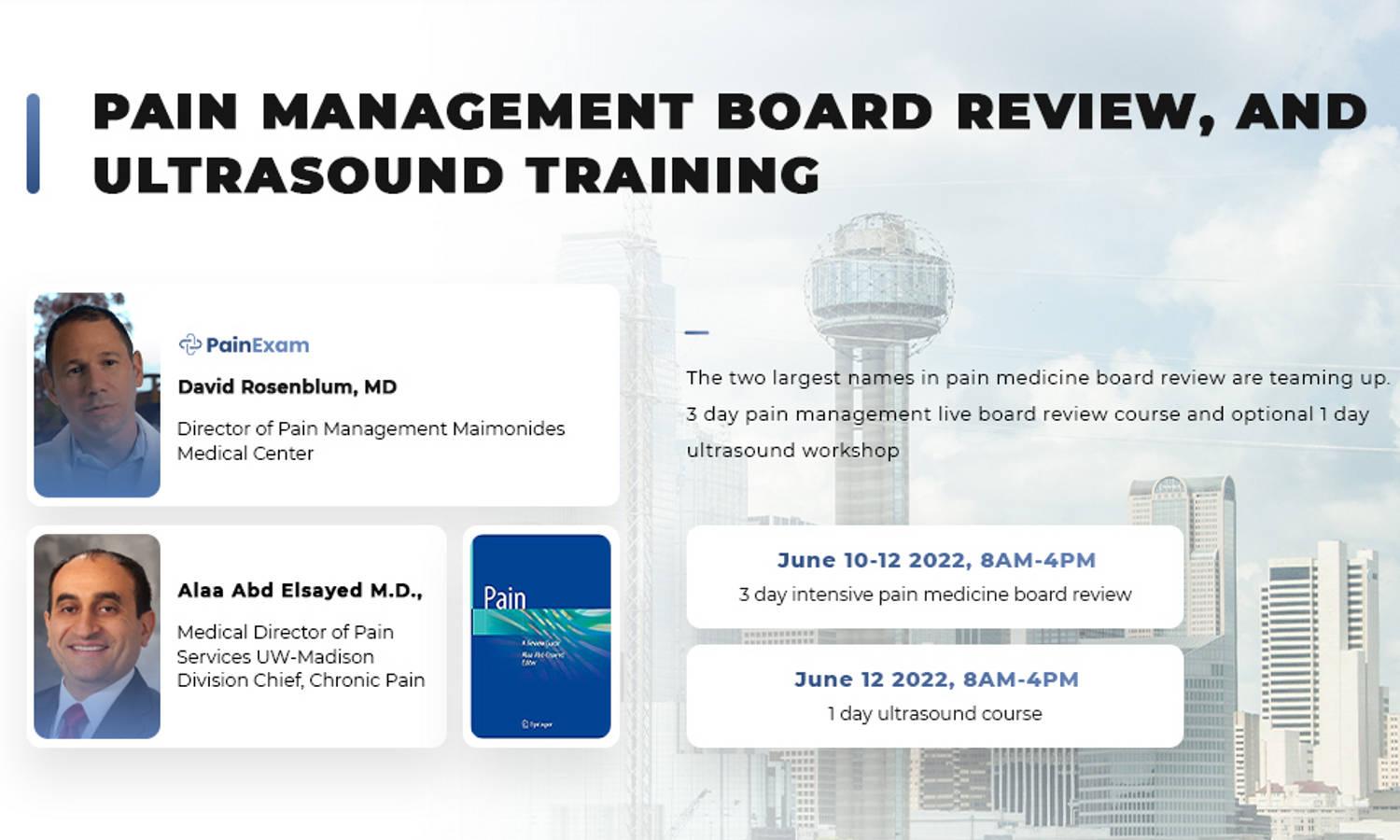
Psychological Approaches to Managing Pain
 hosted byInstitute for Brain Potential (IBP)
hosted byInstitute for Brain Potential (IBP)
Psychological Approaches to Managing Pain is organized by Institute for Brain Potential (IBP).
Initial Release Date: 08/29/2022
Expiration Date: 08/29/2025
Duration: A 6-Hour Home Study Program for Health Professionals.
Description:
This program presents and demonstrates psychological methods to reduce pain. Emphasis is placed on techniques that can help to enable patients to reduce dependence on prescribed opioids and other analgesics, and reduce fear of medical
or dental procedures, reduce catastrophic reactions to unanticipated pain, and develop effective self-management strategies.
Participants completing this program should be able to:
• Discuss why psychological treatments are a key component of a comprehensive approach to reducing pain.
• Describe approaches to evoking a pain-reducing relaxation response.
• Discuss the importance of mindset, belief, and expectation in the perception of pain.
• Demonstrate one or more approaches to relieving pain through self-compassion, mindfulness, cognition, and acceptance.
• Discuss how relationships impact pain.
• Outline several approaches to improving sleep, overcoming trauma, improving the outcome of surgery, and managing flare-ups.
The Role of Psychology in Pain and Pain Relief
• Pain is a Psychosensory Experience
• The Biopsychosocial Perspective
• Reducing Dependence on Analgesics and Opioids
The Connection between Pain and Stress
• Chronic and Recurrent Stress
• Identifying Pain-Evoking Stressors
• Evoking the Relaxation Response
• Applying Advanced Relaxation Technology
• Neuromuscular Repatterning
Why Mindset Matters for Pain Relief
• Integrative Medicine
• Psychological factors
• Cognitive Pathways to Pain Relief
• Shifting Awareness
• Shaping Your Brain Toward Pain Relief
Pain Relief Treatments: Shared and Individual Pathways
• Compassion Meditation
• Mindfulness-Based Pain Reduction
• Cognitive-Behavioral-Based Pain Management
• Chronic Pain Self-Management
• Meaning-Based Pain Management Strategies
• Acceptance and Commitment
How Relationships Impact Pain
• The Importance of Relationships
• Relationship Stress
• Sourcing Meaning Through Relationship
Additional Strategies Sleep, Trauma, Surgery and Flare-Ups
• Improving Sleep
• Trauma as a Critical Therapeutic Target for Pain
• Management
• Mindset and Medical or Dental Surgery
• Coping With Pain Flare-ups








